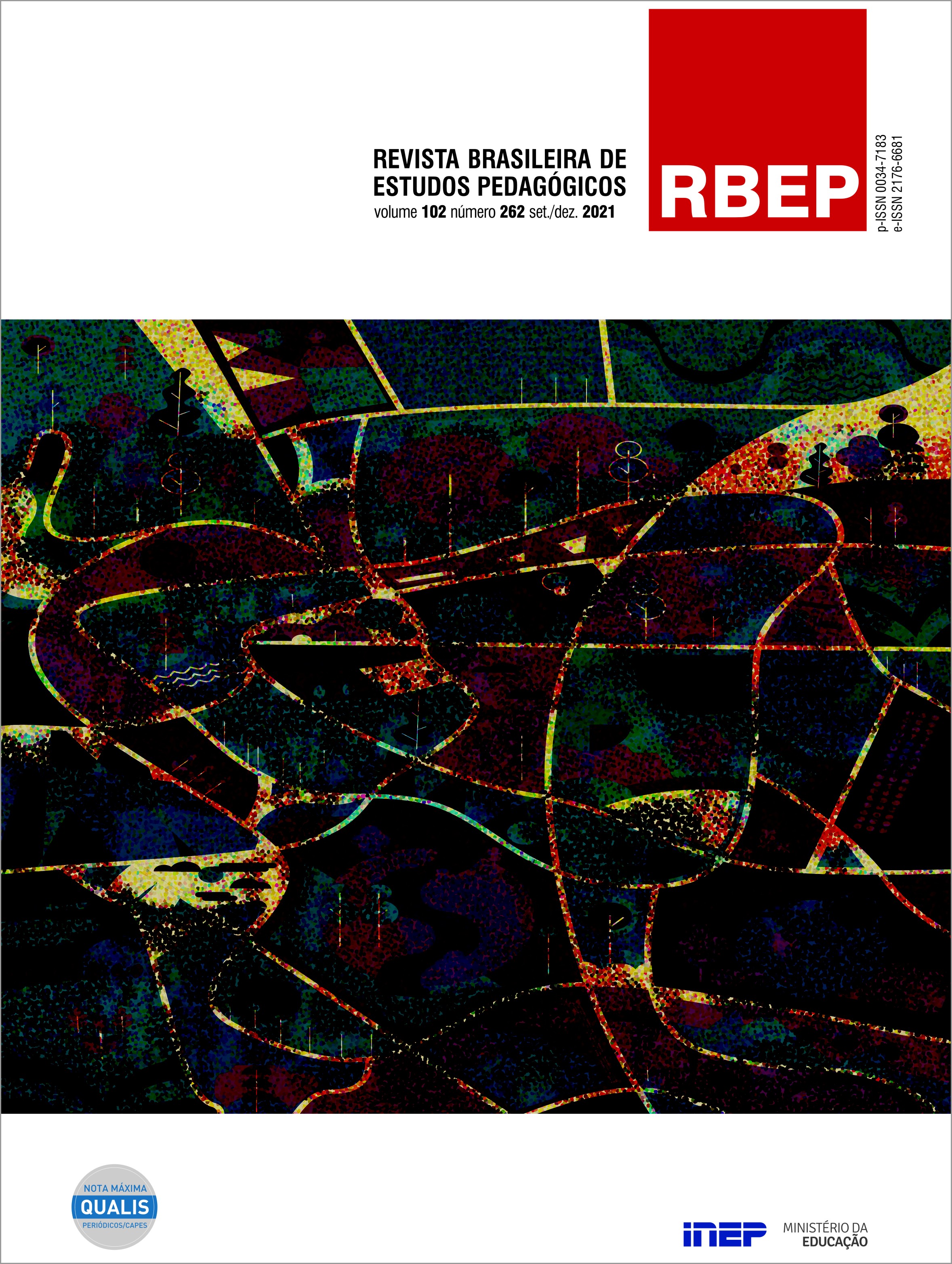Experiences as a methodology for teaching rural extension: the approach of students and farmers to understand social reality
Abstract
The qualification of teaching spaces through methodologies that put students in interaction with reality is seen as a way to promote the training of agricultural science professionals with a more holistic view. The present experience report aims to contextualize and problematize a methodological experience based on mediation, and to conduct the curricular element of Rural Extension in the Technical course in Agriculture, through experiences of social practices as a way of reflecting on the complexity agricultural systems. The curricular element of rural extension is seen as the appropriate space to deal with the intervention and mediation processes of future professionals. The activity was developed together with the technical course in agriculture, a subsequent modality of the Polytechnic College of UFSM, during the second semester of 2019. The content was developed with alternation of theoretical classes with experiences in family farming properties in the county of Agudo - RS, organized jointly with the City Hall and Emater-RS / ASCAR. As a result, the students' greater commitment, dialogue with society and a more critical and reflective teaching process can be highlighted. The construction of this teaching proposal was inspired by the professional experience in rural extension, and based on perspectives in dialogue with contributions from pedagogical currents such as the critical and constructivist background.
Downloads
Copyright (c) 2021 Brazilian Journal of Pedagogical Studies

This work is licensed under a Creative Commons Attribution 4.0 International License.
Once their work is accepted for publication, author’s copyrights are automatically relinquished to the National Institute for Educational Studies and Research Anísio Teixeira (Inep).
Since 2016, the journal Revista Brasileira de Estudos Pedagógicos (RBEP) uses the licence CC-BY.
Partial or total reproduction of the content of this Journal is permitted provided that the original publication is properly referenced, as well as a link to license CC BY 4.0 and to indicate any possible alterations made to the article.




















